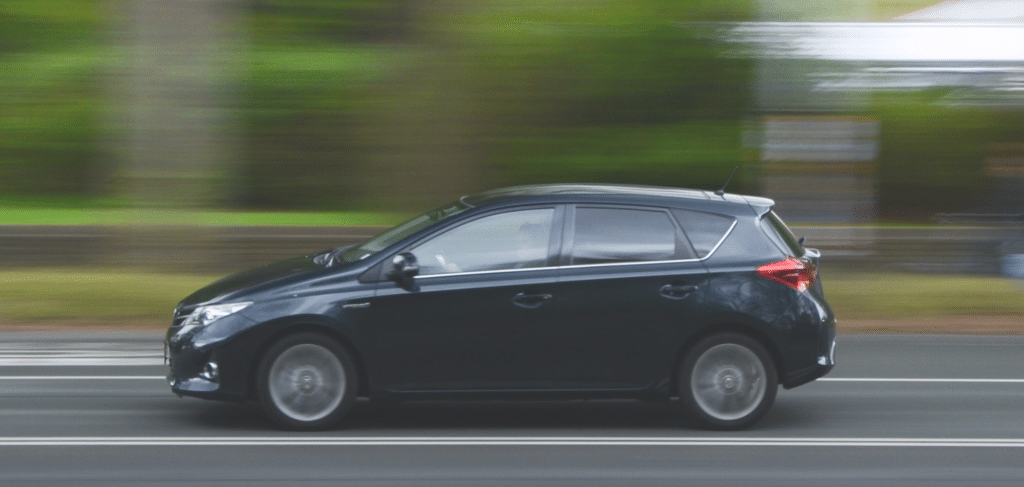Newsletter 2024 – 07
1 Office news |
| Co-worker mr. Yves Thiery has been chairman of the Disputes Chamber of the Flemish Human Rights Institute since September 1, 2024.
We are very pleased with the arrival of Mr. Martijn Ronnen. With his specialization in international HR and tax law and the experience he gained in leading firms, he is a welcome addition. Floor-Jan Claeys also joins the Mploy ranks. He obtained his master's degree in law from KU Leuven and will start his bar internship in October 2024. |
2 Rush Hour HR – October 8, 2024, 4Wings, Westerlo
Have you already registered for the new edition of Spitsuur HR? As usual, in addition to a delicious breakfast, you can expect current and varied topics about HR and social law.
Program
7.45 am Reception and breakfast
8.30 am Liability in employment law, Dirk Heylen
9.00 am Organization of the contracting chain, Roy Melis
9.35am Break
10 a.m. Just be careful with cafeteria plans, Chris Verleye
10.30 am Current affairs and Q&A
11:00 AM End
Interested? More information and a registration form can be found here . The participation fee is €50 excl. VAT.

3 Case law – a company car does not count
Antwerp Labor Court, Hasselt department January 17, 2024
The benefit in kind from the private use of a company car may not be allocated to the (minimum) wage.
I already raised this issue in Newsletter 2024 – 2 .
A dismissed employee claims that the employer paid her too little from the start of her employment. The employer disputed this and referred to the benefit in kind from the private use of the company car. If this was charged, the employee was paid in accordance with the pay scale of pc 200.
The court agrees with the employee. Article 6, § 2 of the Wage Protection Act lists what the employer may grant as a benefit in kind. In addition to materials, equipment and tools required for work and work clothing, this only includes housing, gas, electricity, water, heating and fuel, the enjoyment of land and food used at the workplace.
The private use of a company car does not qualify as wages in kind and is therefore not included in the calculation of the minimum wage to be paid according to the wage scale.
Ludo Vermeulen, lawyer-partner
ludo.vermeulen@mploy.be

4 Jurisprudence – not included in the value
Antwerp Labor Court, Mechelen department February 11, 2020, not issued
The manager of a company that distributes frozen products noticed that one of the frozen trucks was parked in the immediate vicinity of a café during the shift. He entered the cafe where he found one of his employees with a glass of beer in hand. He ordered the employee to leave the business immediately. Later that day, a conversation took place between the employee, the manager and the employer in which the employee allegedly admitted the facts. No written record of this was drawn up. The employee was then dismissed for an urgent reason, namely consuming alcohol during working hours.
The employee took the case to the labor court. The employer referred to the manager's observations, but the employee objected that he was drinking a glass of beer at that time, but not alcoholic beer. In that context, he adds a statement from another visitor to the café ("The conscious person was currently drinking non-alcoholic beer" ) and from someone who was probably the innkeeper (since he states: "When returning from the toilet, he had a Jupiler AFTER ordered and he started talking to an older man” ).
At the time of the facts, the manager had not investigated the nature of the beer in the employee's glass. He probably assumed that it was alcoholic beer, but he could not provide proof of this. According to the labor court, the employer failed to meet its burden of proof. The employee's demand for payment of a severance payment of 11 months and 5 weeks was therefore granted.
Determining alcohol and drug use by employees is a difficult job. The facts to be proven are subject to (rapid) evolution and are by their nature transient. The employer only has a limited time and must act decisively. In most cases, witness statements appear to be the most appropriate. The condition for this is of course that the witness describes as precisely as possible what he observed. In the other case, the employer risks being left with a hangover – as in this case.
Steven Renette, attorney-partner
steven.renette@mploy.be